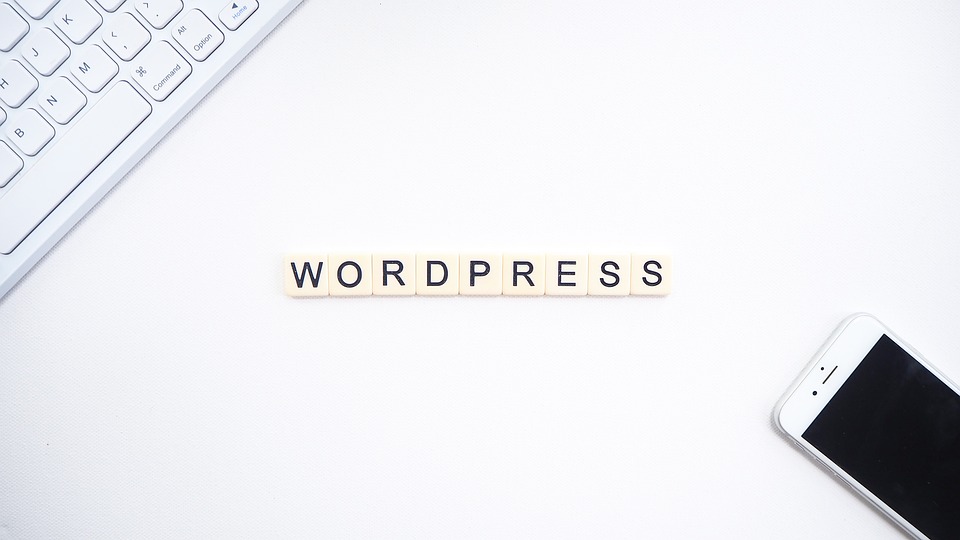In the realm of website management, WordPress reigns as one of the most popular content management systems (CMS) globally, powering over 40% of all websites on the internet. Its ease of use, flexibility, and extensive plugin ecosystem make it a preferred choice for bloggers, businesses, and organizations alike. However, even the most reliable platforms are not without their challenges. One critical aspect that webmasters tend to overlook is the importance of addressing WordPress errors promptly. Ignoring these errors can have significant repercussions on your website’s functionality, user experience, and search engine rankings. In this article, we delve into the reasons why you should not ignore WordPress errors and the impacts they can have on your website.
Understanding Common WordPress Errors
WordPress errors can arise from various sources, including plugin conflicts, theme issues, server problems, or even human error in coding. Some common errors include:
- White Screen of Death (WSOD): This error renders your site blank, often due to compatibility issues or fatal errors.
- Error Establishing a Database Connection: This prevents access to your website and is often caused by incorrect database credentials.
- 404 Not Found: This error occurs when a user tries to access a page that doesn’t exist, leading to a frustrating experience.
- Internal Server Error: This catch-all error indicates that something has gone wrong on the server side, without providing much detail.
While these errors may seem minor or transient at first glance, each carries the potential to disrupt your website’s performance and user experience.
The Impacts of Ignoring WordPress Errors
-
User Experience Degradation:
The primary goal of any website is to provide an excellent user experience. Errors can frustrate visitors, leading to increased bounce rates and decreased engagement. A website riddled with errors may appear unprofessional, diminishing trust and credibility with potential customers or readers. -
SEO Consequences:
Search engines like Google prioritize user experience in their algorithms. A website plagued with errors may struggle to rank well in search results. Broken links, 404 errors, and poor load times can negatively impact your search engine optimization (SEO) efforts, leading to decreased visibility and traffic. -
Loss of Revenue:
For e-commerce sites, errors can directly affect sales. A malfunctioning shopping cart, faulty payment processing, or a site that is frequently unavailable can lead to lost opportunities. In a competitive online marketplace, even a minor glitch can result in wasted revenue and diminished customer loyalty. -
Security Vulnerabilities:
Ignoring errors can create security loopholes. Outdated plugins or themes, which may be a source of errors, can be exploited by hackers. Regularly addressing and resolving errors minimizes the risk of unauthorized access, data breaches, and malware infections. -
Increased Maintenance Costs:
Allowing errors to accumulate can result in more severe issues down the line that may require extensive troubleshooting and repairs. By ignoring small errors, you risk escalating problems that lead to costly fixes and a longer downtime. It’s often more economical in the long run to address issues as they arise. - Reputation Damage:
Your website is often the first point of contact a potential customer has with your brand. Frequent errors can lead to a negative perception of your business, affecting your reputation. In the digital age, reputation is everything, and a damaged reputation can have lasting effects.
Best Practices for Managing WordPress Errors
To mitigate the impacts of errors on your website, consider these best practices:
-
Regular Monitoring: Keep an eye out for error messages and website performance issues. Tools such as Google Analytics and error monitoring plugins can help you track problems.
-
Timely Updates: Regularly update your WordPress core, themes, and plugins to the latest versions. This practice helps prevent compatibility issues that can lead to errors.
-
Backup Your Site: Regular backups ensure that if an error occurs, you can quickly restore your website to a functioning state.
-
Use Quality Hosting: A reputable web hosting provider can significantly reduce the likelihood of experiencing server-related errors.
- Seek Professional Help: If you’re not comfortable troubleshooting errors yourself, consider hiring a web developer or a WordPress expert. Their expertise can save you time and prevent further complications.
Conclusion
In the fast-paced world of digital business, ignoring WordPress errors is a gamble that can lead to significant repercussions. From damaged user experience to SEO pitfalls and financial loss, the impacts of neglecting site issues are too severe to overlook. By prioritizing the resolution of errors and implementing robust maintenance practices, you can ensure that your WordPress website operates smoothly, retains its reputation, and continues to attract and engage users effectively. Remember, a well-maintained website reflects professionalism and commitment to quality—traits that leave a lasting impression on visitors.
Contact Us





